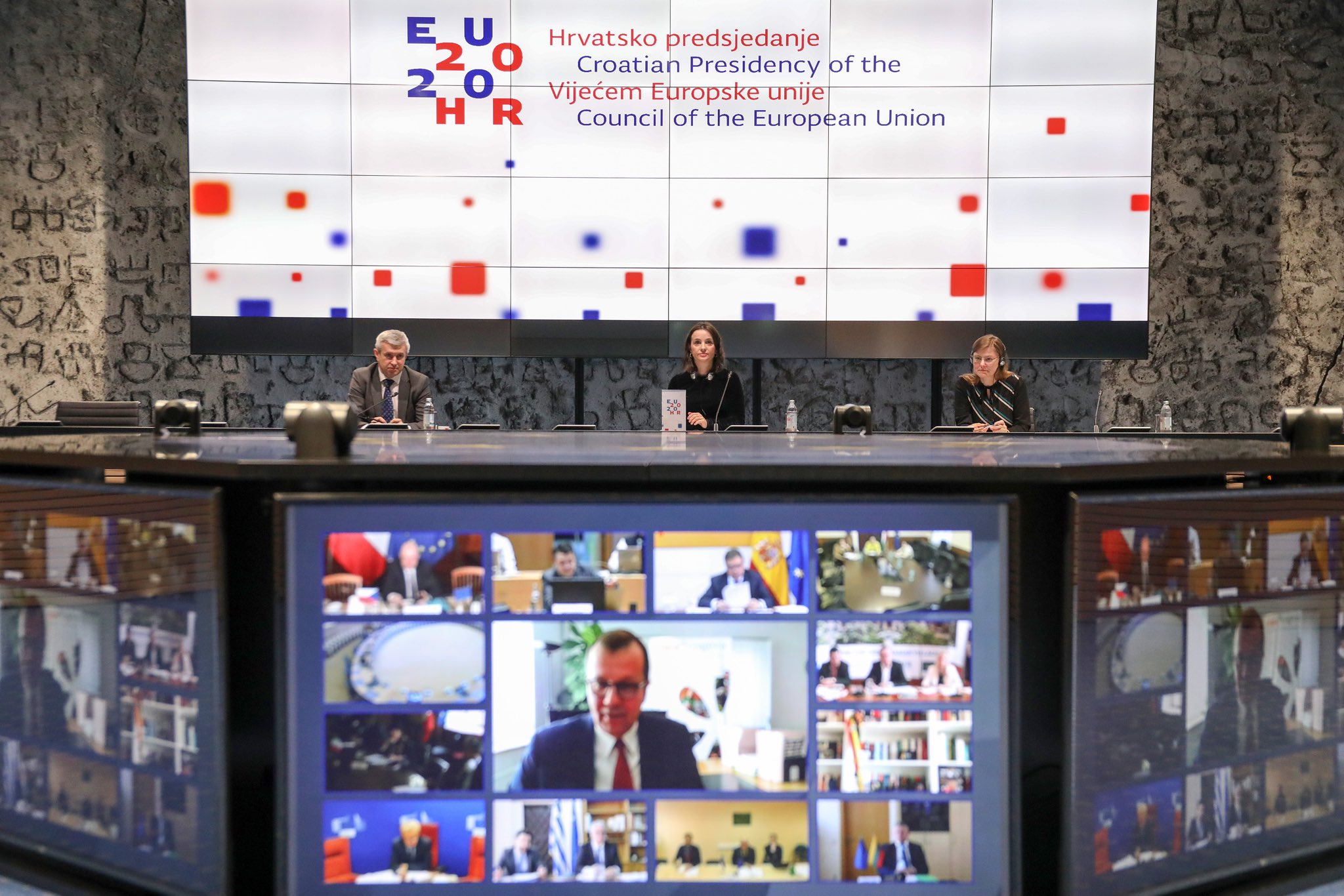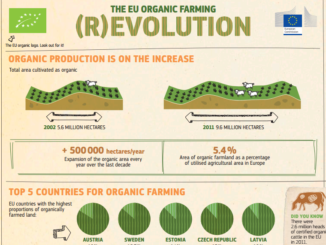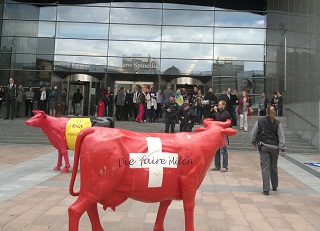
Changes to fiscal rules, transport and CAP have been put in place by the EU Commissions, and framed the videoconference meeting by the Council of Agricultural Ministers held yesterday, 25th March. Further changes to CAP were also proposed. Oliver Moore has more.
Yesterday 25th March, and three days after a 5.4 magnitude earthquake there, the Croatian Presidency organised a videoconference of EU ministers responsible for agriculture and fisheries. EU Commissioners Janusz Wojciechowski and Virginijus Sinkevičius also attended. the impact and adjustments necessary regarding covid19 aka coronavirus were the main topic of discussion.
With security of food supply the key consideration, Marija Vučković, Croatian Minister of Agriculture said:
“In order to ensure normal functioning of the food supply chain, it is crucial to identify critical obstacles caused by covid-19 pandemic. We managed to identify it today. Main issues pointed out by most Member States were restrictions in movement of goods, changes in consumption patterns and in the operation of agri-food production systems, as well as insufficient workforce due to border closures, social distance requirements, mandatory isolation or quarantine. After today’s exchange, we have a clearer idea of the situation.”
Measures in place
- Corona Response Investment Initiative €37 billion response fund.
- Adjustments to state aid rules: state aid, maximum amounts raised, up to €120 000 for fisheries and €100,000 for agriculture, €800,000 for process and marketing food. According to the Commission’s information on this: “this amount can be topped up by de minimis aid, a type of national support specific to the agricultural sector that can be granted without prior approval from the Commission. Recently the ceiling of this aid was increased to €20,000 (and up to €25,000 in specific cases). This means that the total national support that can be granted per farm adds up to €120,000 (or €125,000) under the temporary framework.”
- CAP an extension by 1 month of the deadline to submit the single application for direct payments and other area- and animal-related measures in 2020. The new deadline for applications will now be 15 June 2020, instead of 15 May, allowing more flexibility for farmers. The extension has already been communicated for Italy and the Commission is working on the legal steps to implement it for all Member States.
- Green lanes for food agricultural products. These Green Lanes based on designated key border crossing-points, these mean that “border crossing checks that will not exceed 15 minutes. Passage is now granted for all goods, including agri-food products.”
More from the Commission here
Proposals
According to the Croatian Presidency “Member States proposed additional measures as a possible response to the Coronavirus crisis in agriculture and fisheries including the simplification of or derogation from certain procedures, for instance in relation to on-the-spot controls, modification of rural development programmes, reporting or fulfilment of obligations undertaken by beneficiaries.
Increased flexibility in implementation of CAP measures and in transfering of approved funds between measures and programmes was proposed, as well as facilitating advance payments, and activation of intervention and crisis measures foreseen in the Common Market Organisation Regulation.
On fisheries Member States proposed more flexibility under the EMFF, simplifying reprogramming procedures and relaxing current ceilings. Allowing compensation for temporary cessation of fishing activities without the current restrictions and allowing storage aid was also raised.”
Meanwhile, a group of MEPs and NGOs have called for a live export ban during the coronavirus crisis Euractiv reports. “They argue that the reintroduction of border controls has resulted in delays which risk affecting animal welfare and, by extension, human health.”





